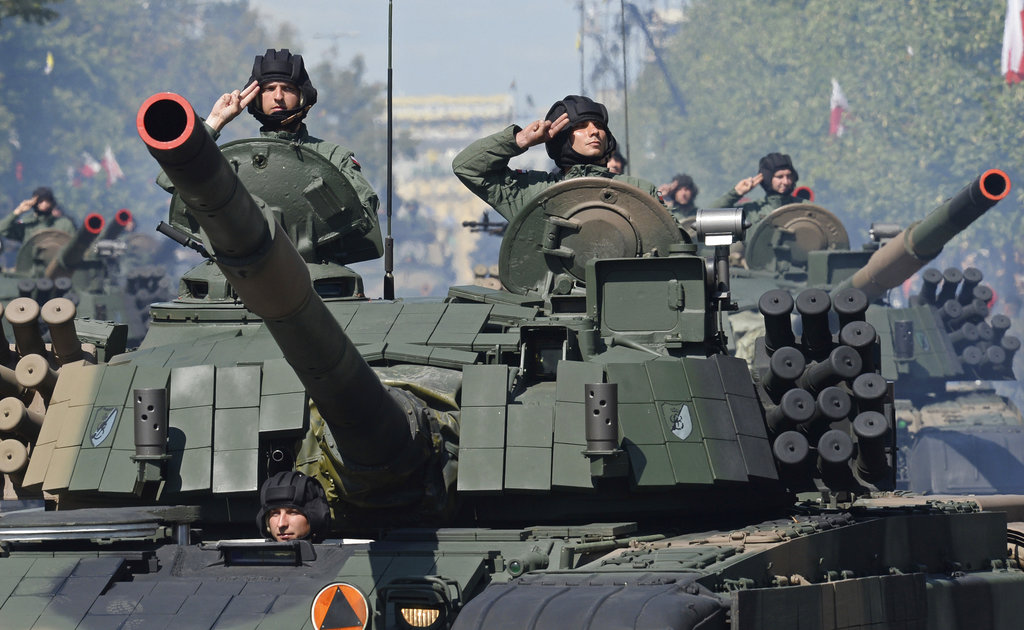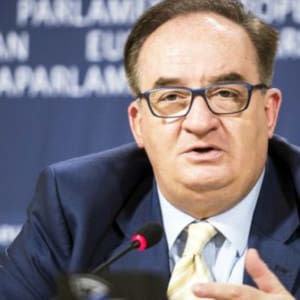A financial crisis and the slowing of economic growth in Poland is not inevitable, despite concern from World Bank analysts and the Polish prime minister, according to Andrzej Sadowski, the head of the Adam Smith Center, a non-profit based in Singapore that promotes free market ideas.
Sadowski rejected the negative forecasts of some economists, and believes the government can and must take measures to help avoid or minimize economic disruption. A fatalistic attitude should not be the determinant of policy, he claimed.
The head of the Adam Smith Center also rejected the argument that inflation has been caused by the ongoing conflict in Ukraine, reminding commentators that double-digit inflation was present before war broke out and arguing that high levels of inflation are a result of inaction from Poland’s central bank and the government.
[pp id=33446]
The economist acknowledged the role that imported fuel and energy plays in the economic health of the country, but iterated that inflation has its benefits for the government in terms of debt management, even if savings of the public and the strength of Poland’s currency are the losers.
Sadowski appealed to both government and the opposition to pass legislation that will free entrepreneurs from all restrictions that are possible to abolish within European law. A free economy should be the first line of defense against recession and a source of income to fund higher military spending, and more red tape and higher taxes are not the method to achieve this goal, he claimed.
The Adam Smith Center chief added that, in his view, Poland should not follow the Greek model of increasing debt to fund defense, but the Singapore model of a free economy providing the funds for a modern army without reducing living standards.
The ruling party has a choice, Sadowski said; it can either increase debt and print money which will be worth less and less, or it can deregulate its economy in order to maintain living standards and fund higher military expenditure, with the economist writing that the choice is between high inflation and a high degree of economic freedom.






